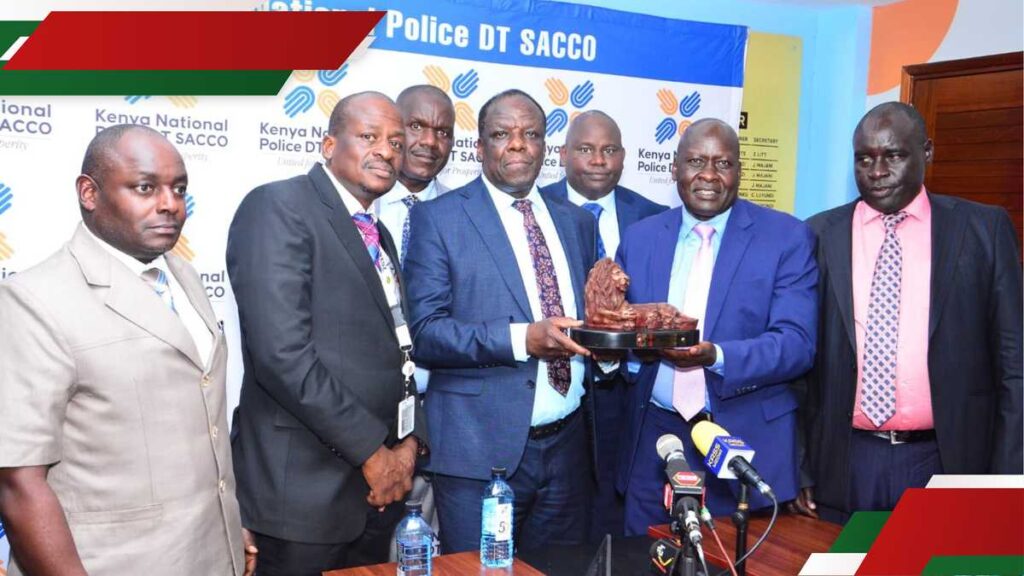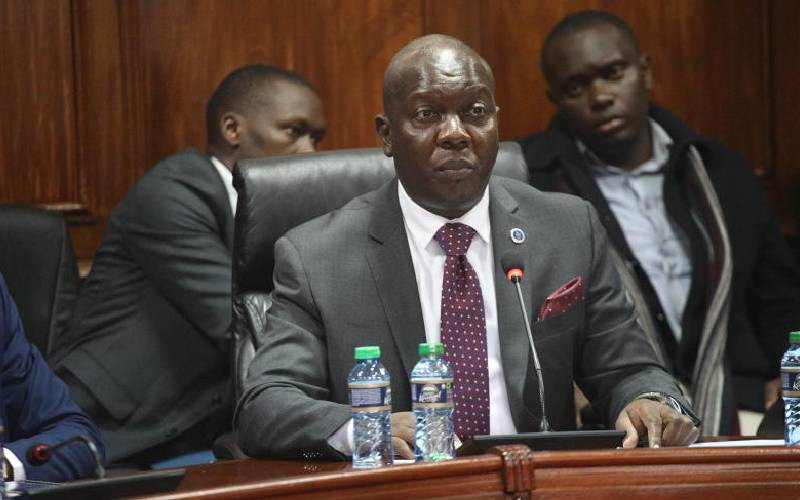African economies have been cautioned against ‘the race to the bottom’ where governments exempt multinationals from taxes in a bid to increase foreign direct investments (FDI).
Mo Ibrahim’s latest report, Financing the Africa we want, points out that this strategy causes African economies to start competing on who has the lowest barriers of entry for foreign investors.
As such, governments forego billions in revenues with almost no impact in their economies for the tax exemptions issued.
The July 2025 report mirrors the strategy President William Ruto’s administration has employed which saw changes in the Finance Act, 2025, that limit the number of years an investor can benefit from taxable losses to five.
The Mo Ibrahim report documents that as a strategy to attract FDIs, developing countries’ governments, Kenya among them, offer incentives to investors and multinational enterprises. This strategy is aimed at fostering job and value chain creation and economic growth in exchange for the exemptions, grace periods or any other preferential treatment.
“When not governed correctly, this can result in a ‘race to the bottom’ in which competing governments offer more and more benefits to multinational enterprises, while simultaneously foregoing tax revenue that offer could be used to increase social spending,” the report says.
The report says despite great case by case variance, there is limited evidence of the overall capacity of exemption policies to create sustainable growth. It adds that these exemptions end up benefiting the investors rather than the local populations.
“According to the Global Tax Expenditures database, among the 30 African countries for which data is available, they have lost between 0.1 per cent (Chad) and six per cent (Senegal) of their gross domestic product (GDP) to tax exemptions, deductions, credits, deferrals and reduced rates,” the report says.
It adds: “Although latest available years range from 2015 to 2022, revenue lost amounts to Sh7.3 trillion ($55.9 billion) annually.”
Figures from the Global Tax Expenditures data base shares Kenya’s 2023 figures which show the country loses Sh510.6 billion annually from tax expenditures.
When presenting the 2025/26 budget, National Treasury Cabinet Secretary John Mbadi noted that the Sh510.6 billion, which was 3.4 per cent of the country’s GDP in 2023, is an increase from Sh393.1 billion in 2022, which was then equivalent to 2.9 per cent of GDP.
In the Finance Act, 2025, the government went out to resolved this issue by limiting the deductibility of tax losses to five years.
[Graham Kajilwa]
Previously, this provision was in perpetuity. If one seeks to continue after the five years then an application needs to be made.
“This amendment will significantly impact taxpayers in capital intensive sectors like energy and manufacturing, as it is unlikely that such (taxpayers) would have exhaust tax losses arising from claiming investment allowances within a five-year period,” Bowmans, a law firm, explains it its analysis of the Act.
Stay informed. Subscribe to our newsletter
Mo Ibrahim, Founder and Chair, Mo Ibrahim Foundation, says in the report that there is need to increase Africa’s attractivity for private capital.
“Private capital, local and international, is a key engine for development. It has not always been forthcoming for various reasons, including high interest rates stemming from risk — real or perceived,” says the Sudanese-British billionaire whose billionaire status is traced back as the founder of Celtel in the late 90s, the brand now known as Airtel.
He says the continent needs real improvement in governance stating that rule of law, stability and transparency are key to attracting investment.
“But we cannot make a plea to international investors while we channel our own capital elsewhere. African investors must also invest more in our own continent,” he says. “The fact that only 14 per cent of FDI in Africa comes from African investors is not acceptable.”

























